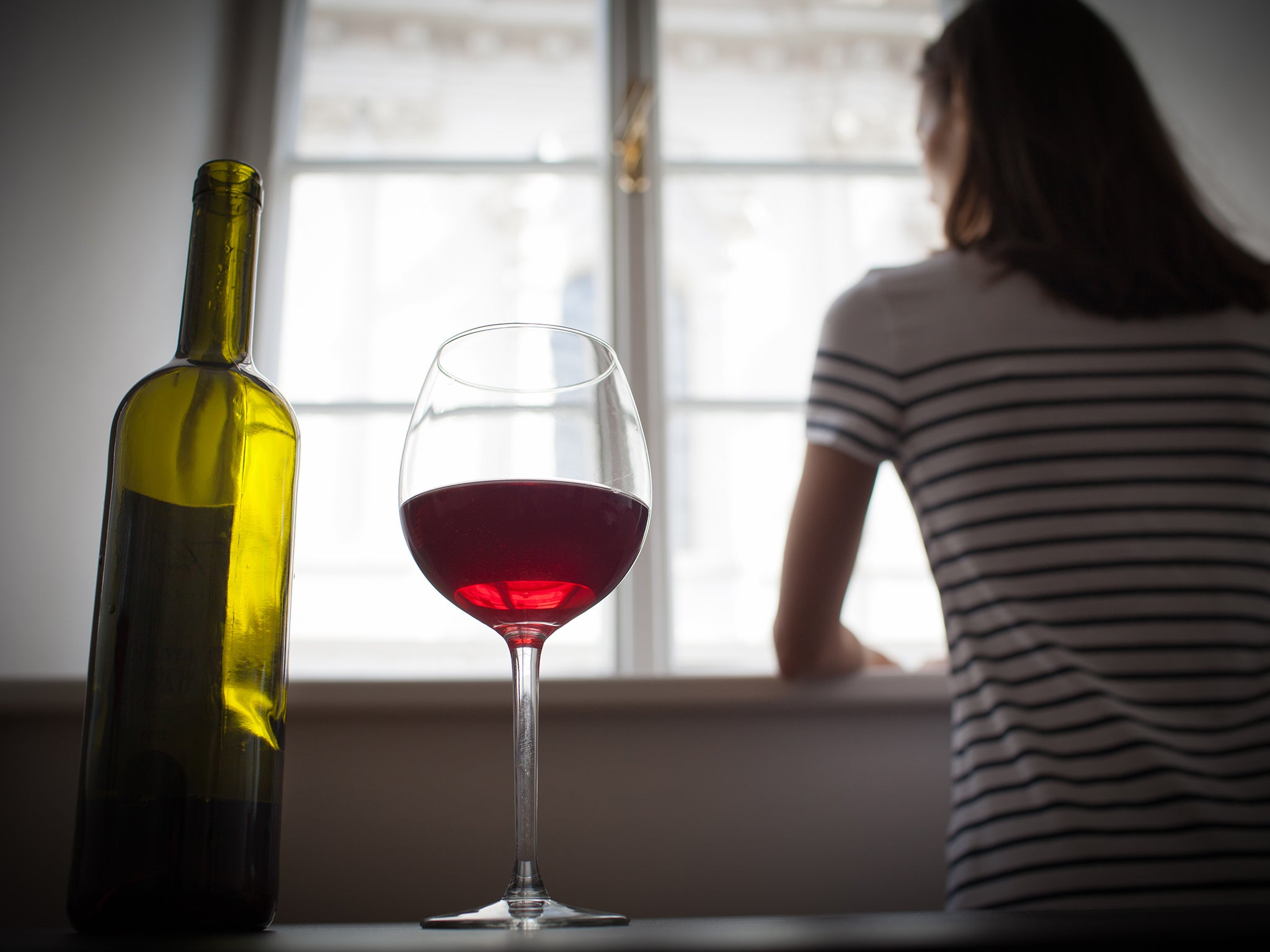Occasional drinkers not healthier than teetotallers, myth busting stroke study shows
'One or two drinks is increasing stroke risk by about 10 to 15 per cent... the claim that it's decreasing [risk] just isn’t true'

Your support helps us to tell the story
From reproductive rights to climate change to Big Tech, The Independent is on the ground when the story is developing. Whether it's investigating the financials of Elon Musk's pro-Trump PAC or producing our latest documentary, 'The A Word', which shines a light on the American women fighting for reproductive rights, we know how important it is to parse out the facts from the messaging.
At such a critical moment in US history, we need reporters on the ground. Your donation allows us to keep sending journalists to speak to both sides of the story.
The Independent is trusted by Americans across the entire political spectrum. And unlike many other quality news outlets, we choose not to lock Americans out of our reporting and analysis with paywalls. We believe quality journalism should be available to everyone, paid for by those who can afford it.
Your support makes all the difference.A glass of wine or beer a day may not protect you from serious heart and circulatory disease, as a new study shows every alcoholic drink raises the chances of a stroke.
Moderate drinkers, who had one or two drinks a day, saw their stroke risk rise around 15 per cent compared to non-drinkers and this increased the more they drank, the University of Oxford led research found.
This contrasts with studies which have found people who drink moderately have a lower risk of cancer, dementia, and other diseases, than people who are tee-total.
But the UK and Chinese team behind the latest study are confident that their shows the true picture, thanks to a pioneering method which uses genetic data to remove some of the confounding factors affecting other large health studies.
“One or two drinks [a day] is increasing stroke risk by about 10 to 15 per cent, but people were claiming it was decreasing stroke risk,” said the study’s principal researcher Professor Richard Peto. “The claim that it was decreasing just isn’t true.”
Red wine in particular is regularly touted as protective due to components from grapes such as tannins and polyphenols, but Professor Peto told a briefing in London these have been “somewhat fancifully hypothesised to have magical effects”.
He added: "It’s widely claimed, because it suits people to claim it."
This chimes with the health advice of the Chief Medical Officer Professor Sally Davies who in 2016 said any drinking increases rates of cancer, sparking cries that UK guidelines were “scaremongering”.
These recommend drinking less than 14 units of alcohol a week, roughly six pints of beer or seven glasses of wine, but Prof Davies said she weighs the risks every time she reaches for a glass.
Prof Peto and colleagues said there are benefits and risks from drinking, and it was up to individuals to weigh those against the stroke risk shown in their study.
He added: “We’re not trying to do a public health message, we’re just saying that we finally have reliable evidence as to what really is the cause and effect relationship.”
Previous studies have been confounded by relying on lifestyle information and health data from large populations.
This means they cannot rule out the fact that people who drink moderately might be healthier in other ways, while people who don’t drink at all might have other health complications or be former heavy drinkers.
The latest findings, published in the Lancet, used genetic data from half a million Chinese adults to remove this issue.
While many Europeans carry genes which allow them to break down alcohol, this is rarer among people of east Asian origin.
This allowed researchers to compare men and women who didn’t drink because of their genes, with those who chose not to drink, and those who did drink.
Because our genes are randomly assigned and fixed at conception, a process known as Mendelian randomisation, this means they affect our habits but not the other way around. Using this in the study removes the uncertainties of lifestyle information used in earlier research.
Despite being focused on a Chinese population which mainly drank beer or spirits, the researchers said their findings showed an increased risk from alcohol which would be apply to other drinks.
Dr Kate Holmes, assistant director of research at the Stroke Association said: "This study helps to bust the myth that moderate drinking reduces your risk of having a stroke. Alcohol not only increases blood pressure but can also cause weight gain, irregular heartbeat, diabetes and liver damage. Our advice is always to try and find ways to cut down on your drinking."
Join our commenting forum
Join thought-provoking conversations, follow other Independent readers and see their replies
Comments